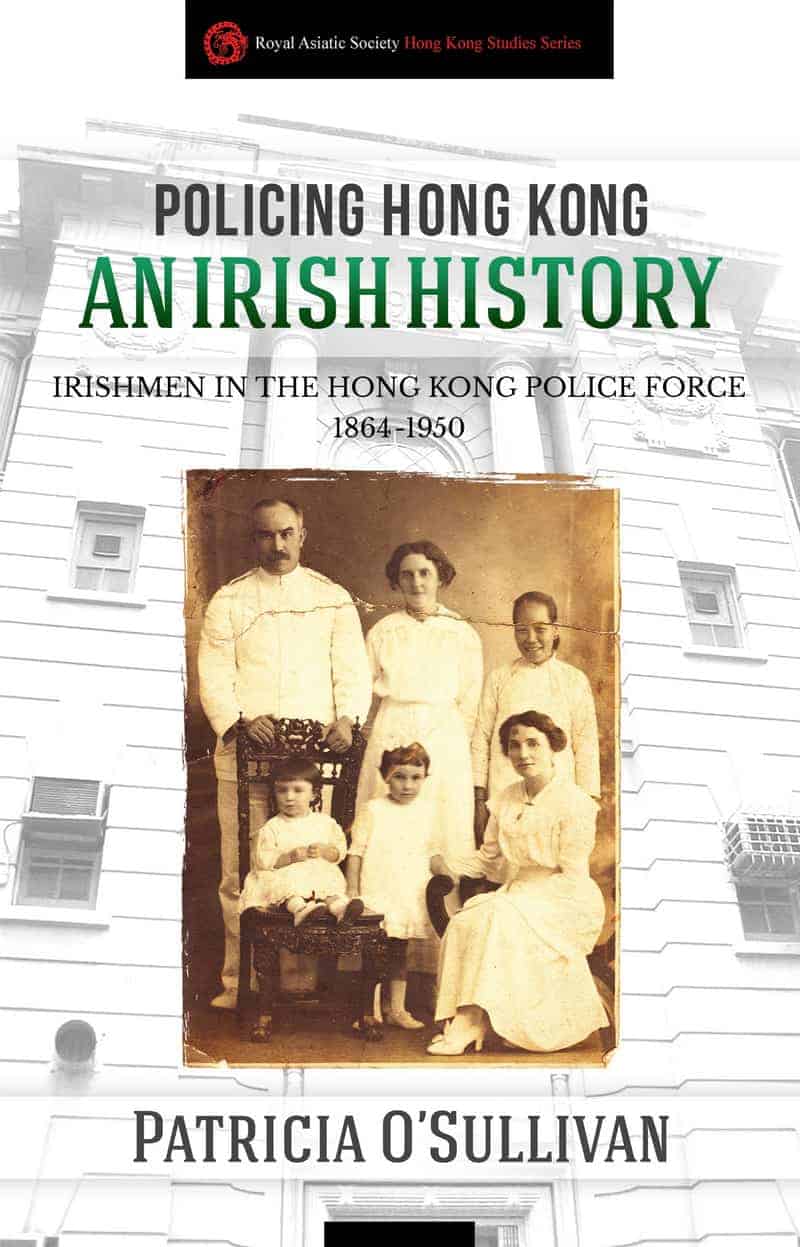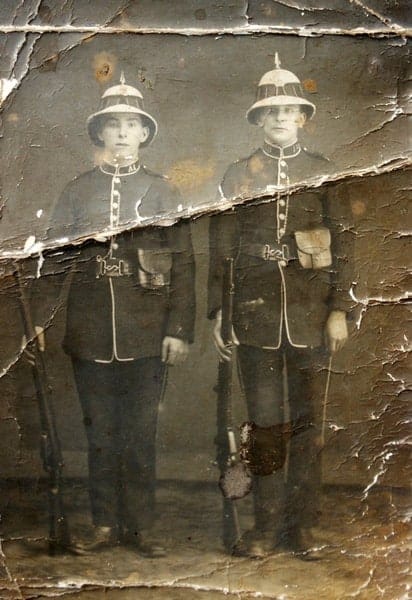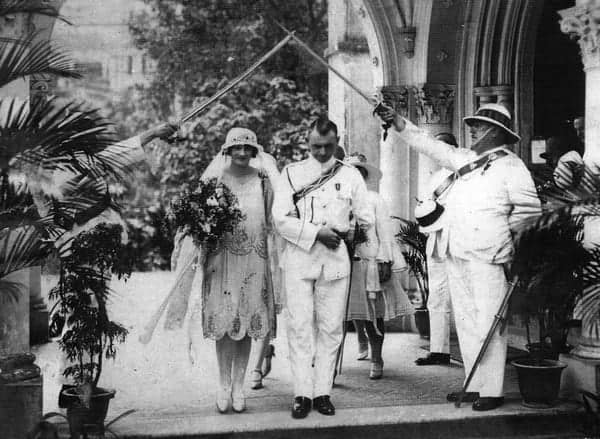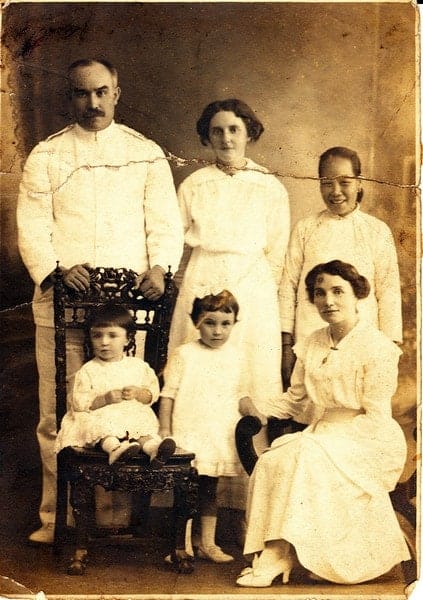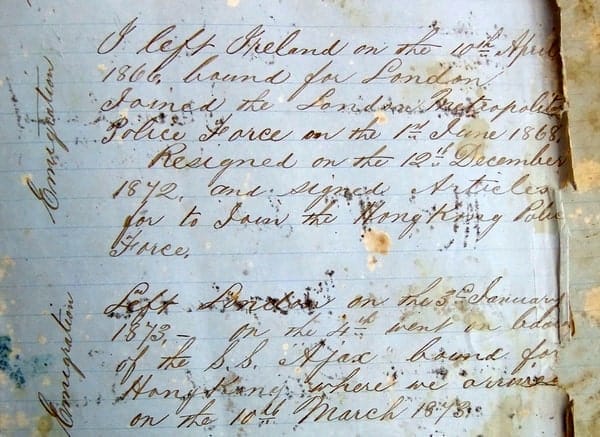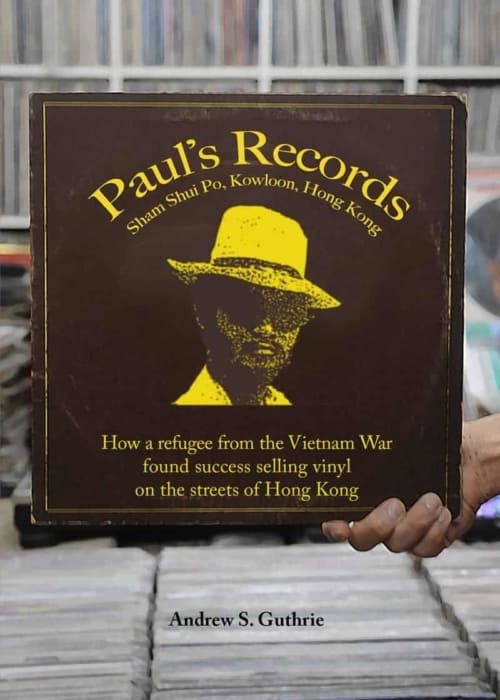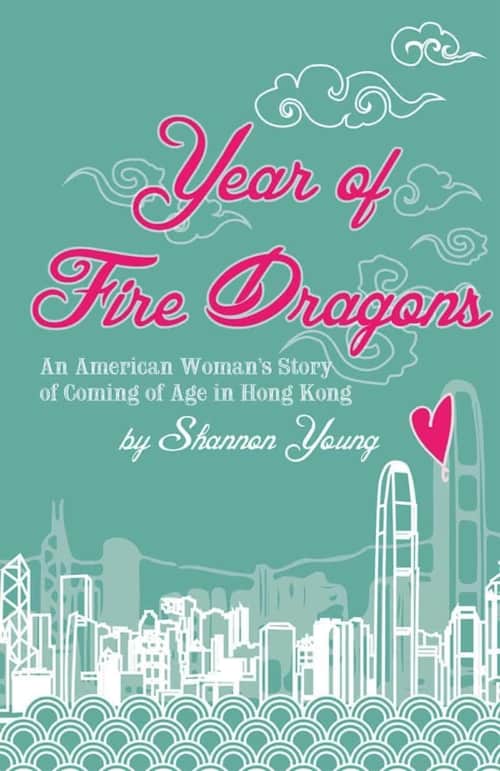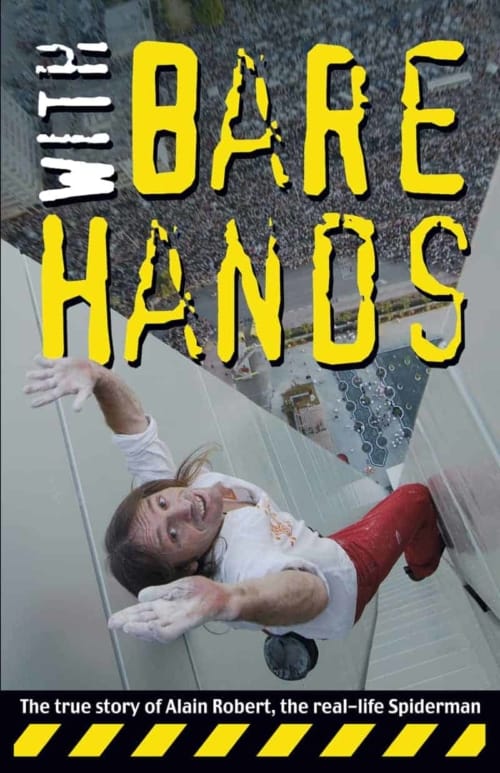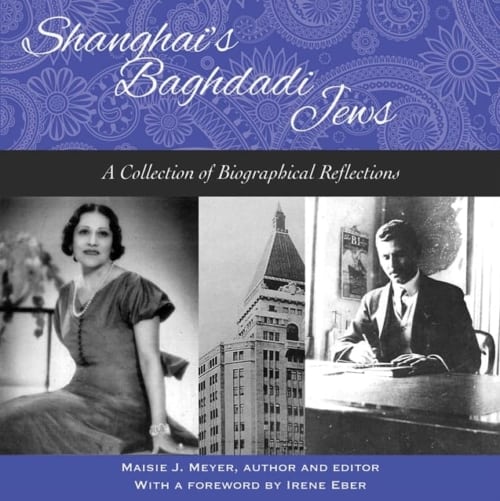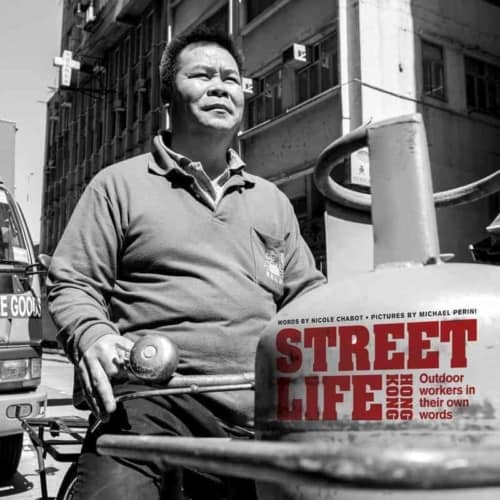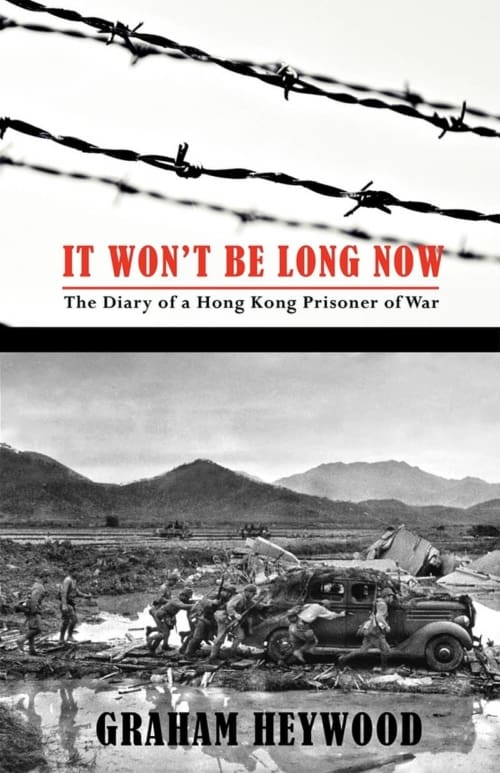Part of the Royal Asiatic Society Hong Kong Studies Series
Hong Kong, 1918. A tranquil place compared to war-torn Europe. But on the morning of the 22nd January, a running battle through the streets of Wanchai ended in “The Siege of Gresson Street”. Five policemen lay dead, so shocking Hong Kong that over half the population turned out to watch their funeral procession.
One of the dead, Inspector Mortimor O’Sullivan, came from Newmarket: a small town nestled deep in rural Ireland. He, along with a dozen and more relatives, had sailed out to Hong Kong to join the Police Force.
Using family records and memories alongside extensive research in Hong Kong, Ireland and London, Patricia O’Sullivan tells the story of these policemen and the criminals they dealt with. This book also gives a rare glimpse into the day-to-day life of working-class Europeans at the time, as it follows the Newmarket men, their wives and families, from their first arrival in 1864 through to 1941 and beyond.
“This groundbreaking book is a story of life, death, and crime in colonial Hong Kong. It is also an account of an important part of Hong Kong’s population that has eluded most historians: the European working class. With an arsenal of previously untapped materials in Ireland, Britain and Hong Kong, Patricia O’Sullivan tells the remarkable tales of the families who built their own ‘little Ireland’ in Hong Kong.” – John M. Carroll, Dept. of History, University of Hong Kong
Look inside this book
Click on the following link to read pages from Policing Hong Kong – An Irish History. You will need a pdf reader to view this excerpt.
